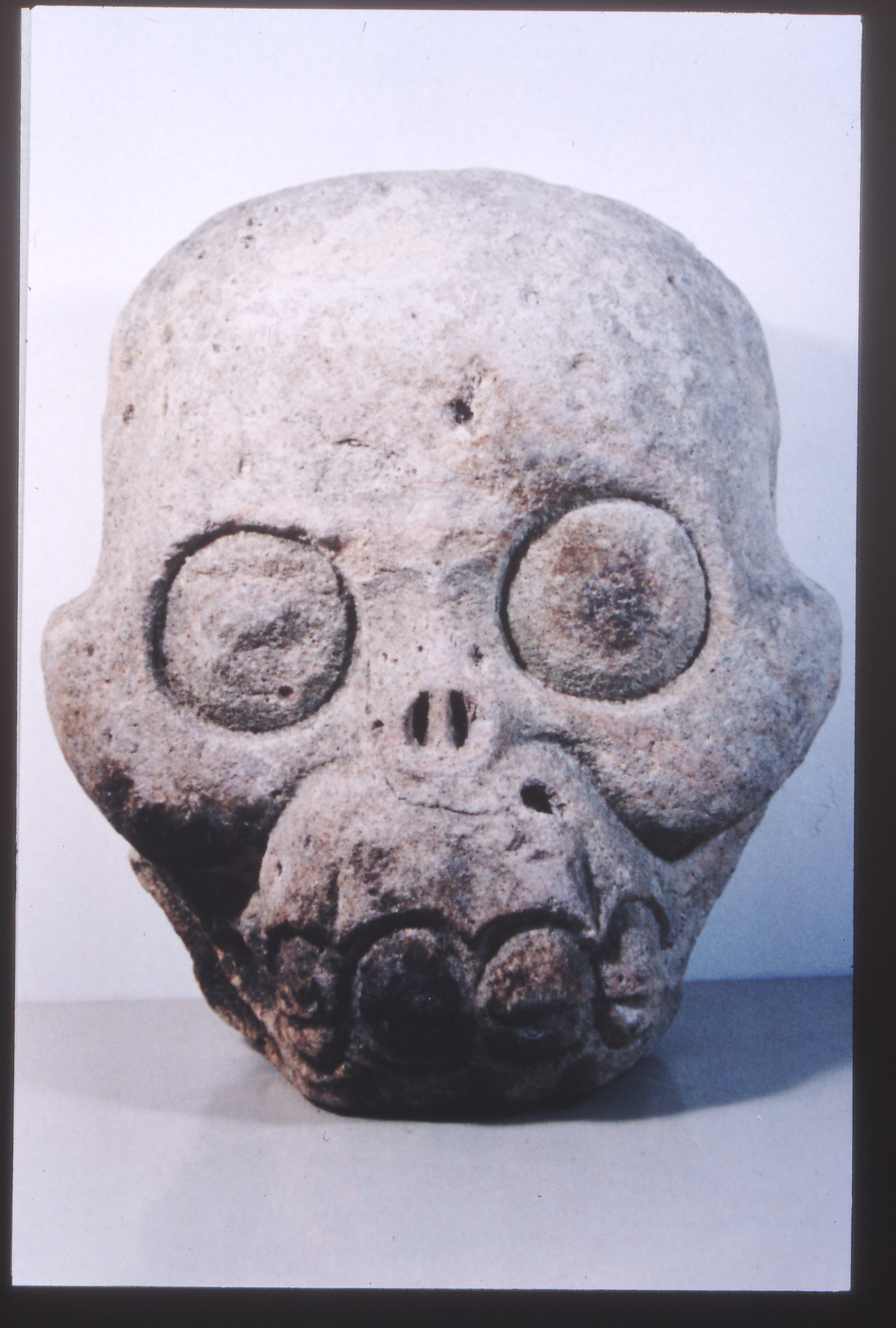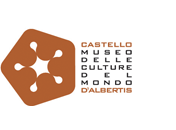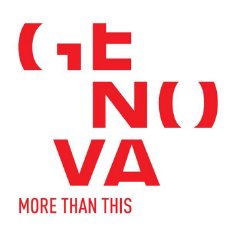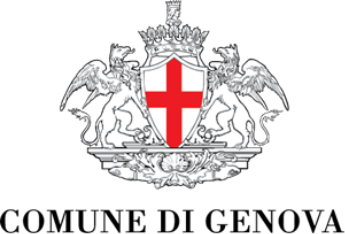
Click here to view image
Skull-shaped protome
Collezione Missioni Cattoliche Americane 1893 donazione
cultura Maya
Copàn, Honduras
protome
VII-IX - 625 - 850
Unità di misura: cm; Altezza: 40; Larghezza: 33.5; Profondità: 18
Repubblica dell'Honduras
tufo- scultura
Due "mondi" a confronto. I segni della storia - Genova, Palazzo Ducale - 1992<br>Mostra d'arte precolombiana e di etnologia americana - Genova, Castello D'Albertis - 1972-1977
The skull-shaped protome, made by volcanic tuff, comes from the Mayan site of Copán (Honduras), an important city-state that had its apogee between 435 and 805 AD. It has been in Genoa since 1892, when the American Catholic Missions, participating in the Colombian celebrations of the last century, sent ethnographic artefacts and archaeological finds from the Americas to the Genoa International Exhibition, which they donated to the city at the end of the exhibition.
In Mayan tradition, the skulls of slain enemies were displayed as a trophy. This skull was presented together with 18 others in a T-shaped panel decorating a pyramid, as revealed by the reconstruction of Harvard University and the laboratory of the Instituto Hondureño de Arquelogia e Historia in Copán. In collaboration with them, the cast of the protome was donated to the Museo de la Escultura in Copàn Ruinas to reassemble the panel. Volcanic tuff sculpture in the shape of a human skull with engraved orbits, cheekbones and teeth, and carved nasal cavities. There are cream and blackish traces on the cheekbone and second tooth on the left.




